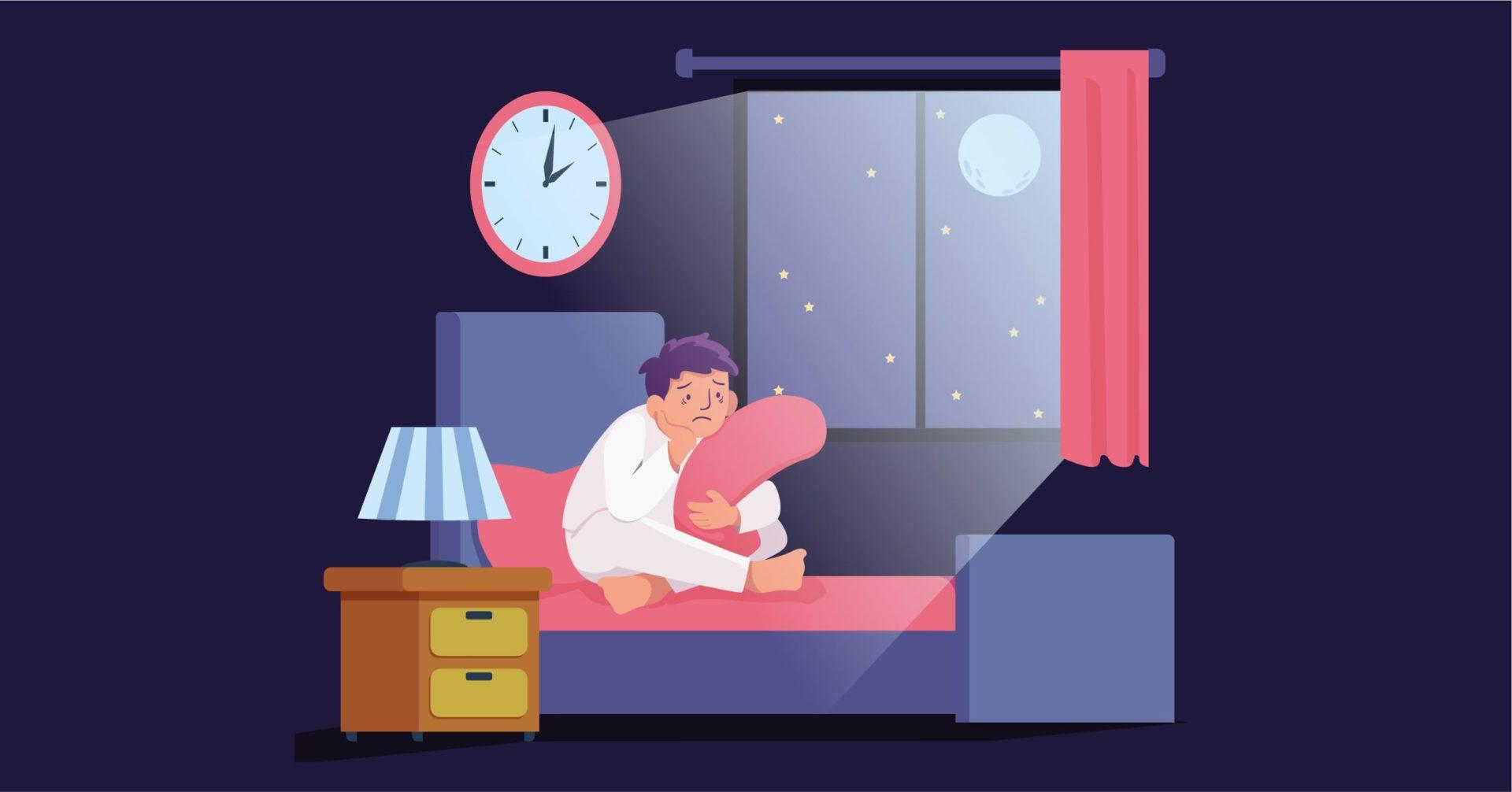Overview
Delayed Ejaculation, a disorder found only in men, is characterised by the inability to ejaculate even though the conditions for ejaculation are met. These conditions include desire to ejaculate and presence of desired level of arousal with or without a partner.
It may be caused due a variety of factors which may affect the nervous system pathways. These include multiple sclerosis, spinal cord injury, severe alcoholism, severe diabetes, etc. Decreased sensation of the penis due to aging may also be a contributing factor.
Other biological causes may include side effects of certain drugs. Medication given for the treatment of diabetes, high blood pressure, antipsychotics, antidepressants, prostate growth or baldness may cause Delayed Ejaculation.
Behavioural and psychological causes include anxiety. Anxiety may draw the person’s attention from the sexual activity causing Delayed Ejaculation. Other factors such as “idio-syncratic masturbatory style”, meaning, a specific type of masturbation which the partner can’t mimic causing ejaculation issues.
It may cause extreme social frustration where efforts are made to the point of exhaustion or genital discomfort. Some men might abandon efforts to get involved in sexual activities leading to relationship issues, dissatisfaction with oneself, etc.
Common Signs and Symptoms of Delayed Ejaculation
Signs and symptoms include:
- Marked delay in ejaculation
- Marked infrequency or absence of ejaculation
- Sexual frustration
- Dissatisfaction with one’s sexual function
- In some cases, reduced sexual activity
Risk Factors
The prevalence of Delayed Ejaculation is low, almost 3%. Such a low number may be due to misdiagnosis of Delayed Ejaculation as Erectile Dysfunction.
People who suffer from disturbances of the nervous system pathways are highly susceptible to having Delayed Ejaculation. These disturbances may be caused due to alcoholism related degeneration, spinal cord injuries, multiple sclerosis, etc. Anxiety and depression are also related comorbidities of Delayed Ejaculation. Severe diabetes and high blood pressure are also associated to Delayed Ejaculation. Losing sensation and reduced production of androgen hormones due to age related factors are also associated risk factors of Delayed Ejaculation.
Diagnosis
To be diagnosed with Delayed Ejaculation, following criteria must be met:
In the past six months,
- Marked delay in ejaculation
- Marked inability and absence of ejaculation.
- Marked distress and impairment in functioning.
Psychologists are to specify if the issue is a lifelong one or acquired after some normal sexual function; whether it occurs in certain situations only or all the time. They are also required to mention the level of severity using the mild, moderate or severe intensity parameters.
While diagnosing with Delayed Ejaculation, a psychologist is to consider cultural/religious factors. These include cultural differences in what is considered as the normal duration for sexual intercourse, inhibitions regarding sexual activities, religious beliefs, negative attitudes etc. Partners issues and relationship issues, individual vulnerabilities such as poor body image, sexual abuse, childhood trauma, etc. need to be discussed before a diagnosis is made.
Treatment
There is no FDA approved medication for Delayed ejaculation. However, behavioural and psychological therapy is widely practiced. Men are often asked to stop masturbating to limit ejaculation and engage in sexual activities with their partners. It may be difficult to abstain from masturbation for 14-60 days, but with proper support from their partner, it may help.
Sex therapists help people with delayed ejaculation to masturbate with the use of fantasies and bodily movements during intercourse. Men who face difficulty reaching climax with a condom are asked to masturbate with a condom to learn to practice safe sex. They may be asked to use a different hand to masturbate to help mimic the experience with a partner.
Men with severe Delayed Ejaculation may be asked to use sex toys and vibrators to help their partners reach an orgasm.
Differential Diagnosis
1. Another medical condition: Another medical illness or injury may produce delays in ejaculation independent of psychological issues. A number of neurodegenerative diseases, such as multiple sclerosis and diabetic and alcoholic neuropathy, can cause inability to ejaculate.
2. Substance/medication use: Agents, such as antidepressants, antipsychotics, alpha sympathetic drugs, and opioid drugs, can cause ejaculatory problems.
3. Dysfunction with orgasm: Ejaculation is the biological process of the genitals, but orgasm is a subjective experience. As commonly misunderstood, both do not occur simultaneously. Hence a delay or loss of orgasm does not equal delayed ejaculation.
Comorbidity
Delayed ejaculation is commonly comorbid with severe cases of major depressive disorder.
Specialists
Generally, relationship issues caused due to Delayed Ejaculation are addressed in Couples Therapy. Sex Therapist may be referred to help with changes in sexual practices and getting comfortable with each other. Anxiety related issues may be dealt with in psychotherapy.
In Conclusion
Stability and satisfaction in sexual activity may contribute to emotional well-being. Delayed Ejaculation can be a problem if men experience issues in their sexual life. Delayed ejaculation can be caused due to stress, trauma, or anxiety but if the problem persists for a long period of time it can affect sexual satisfaction. In some cases, ejaculation does not occur.
Before this issue creates a permanent rift between you and your partner or affects your sexual behavior, it is advisable to start personalized therapy sessions. Personalized therapy session helps in getting to the root cause of Delayed Ejaculation and thus, eliminates the underlying emotional distress that has been leading to delayed ejaculation.
Book your session with our experts and lead a healthy sexual life.





